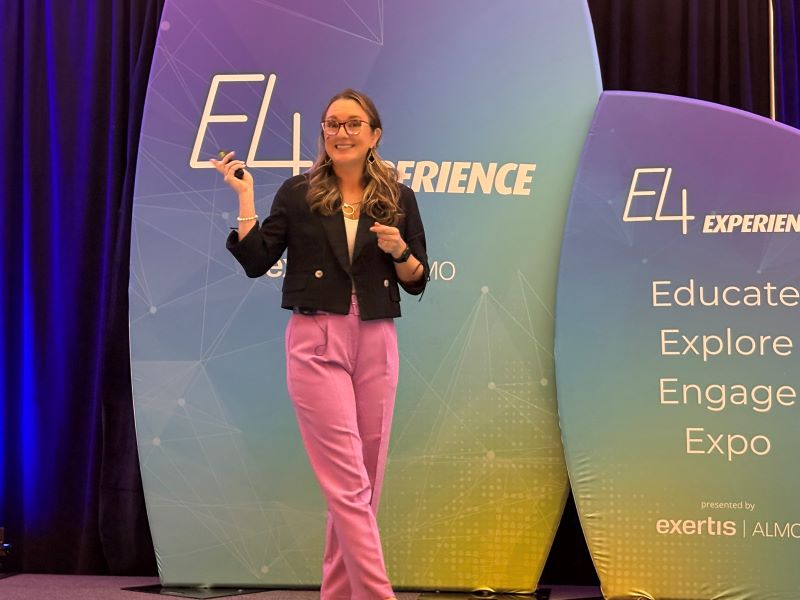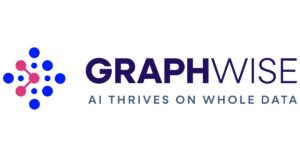E4 Insights: Exploring AI and the Future of Workplace Collaboration

Microsoft’s AI Initiative: Transforming Workplace Tools
Microsoft is heavily investing in artificial intelligence (AI) to enhance its product offerings. The company has introduced a suite of features, primarily branded as Copilot, which integrates generative AI—similar to ChatGPT—into its widely-used productivity tools. This initiative aims to streamline workplace processes and improve user experiences across various applications.
AI in Meeting Rooms
One of the most significant impacts of this AI technology can be seen in the meeting environment, where Microsoft has incorporated Copilot into programs like Teams and Teams Rooms. This integration allows participants, whether remote or in-person, to enjoy more equitable and productive discussions.
Key Features of Teams with AI
Amanda Stewart, a Microsoft Teams Rooms Specialist, highlighted the importance of these features during her presentation at Exertis Almo’s E4 event in Dallas. Key functionalities include:
- Enhanced Collaboration: AI tools help all participants feel engaged, providing equal opportunities for input.
- Smart Meeting Features: These include intelligent scheduling, real-time transcription, and automated follow-ups.
The AI Transformation in the Workplace
Stewart pointed out that we are experiencing a major shift in technology, driven primarily by rapid AI adoption. Unlike past technological advancements, which took years to gain traction, generative AI tools like ChatGPT and Microsoft Copilot have achieved mainstream usage almost overnight.
Speed of Adoption
Stewart remarked on the speed of AI adoption, comparing it to the internet, which took seven years to reach 100 million users, while ChatGPT accomplished this in just two months. Additionally, corporate investment in AI exploded from $19 billion in 2023 to $44 billion in 2024, illustrating the urgency and demand for these tools.
Tackling Digital Overwhelm with AI
The influx of digital communication often results in what Stewart calls "digital debt"—the overwhelming number of emails, notifications, and meetings that can hinder productivity. Microsoft Copilot is designed to alleviate much of this burden:
- Email Management: Copilot categorizes emails, summarizing critical messages and drafting responses, allowing employees to focus on what truly matters instead of sorting through countless emails.
- Meeting Summaries: Copilot generates summaries and action items from meetings, which can be particularly helpful for those who cannot attend in real-time.
Improving Meeting Efficiency
As meetings have tripled in frequency since the pandemic, the need for AI-enhanced tools has become critical. Microsoft Teams Rooms, equipped with Copilot, allows users to stay updated on discussions even if they are not physically present. Key developments include:
- Real-time Meeting Updates: Users can receive prompts and summaries of conversations, ensuring they remain informed and engaged.
- IntelliFrame Technology: This feature focuses on individual participants in a conference room, ensuring that video feeds and transcriptions capture everything that is said.
Moreover, enhanced hardware from certified Microsoft Teams Rooms partners ensures that audio and video quality is optimal, creating a seamless experience for all participants.
The Future of AI in AV and Workplace Solutions
As AI technology continues to advance, its influence on audiovisual (AV) systems and workplace solutions is expected to expand further. Applications may include:
- AI-enhanced Digital Signage: This could revolutionize how information is displayed in workspaces.
- Intelligent Room Scheduling Systems: Streamlining room bookings through AI could lead to significant efficiency gains.
Stewart emphasized that AI is revolutionizing the workplace, making traditional workflows obsolete as employees seek flexibility and efficiency. The focus should be on creating value; AI helps reduce the burden of mundane tasks, allowing employees to dedicate time to more meaningful activities.
In her closing remarks, Stewart noted that the integration of AI in daily workflows can enhance creativity and strategic thinking. By handling routine tasks, AI frees up human capital to focus on innovation and adds higher business value to overall operations.






